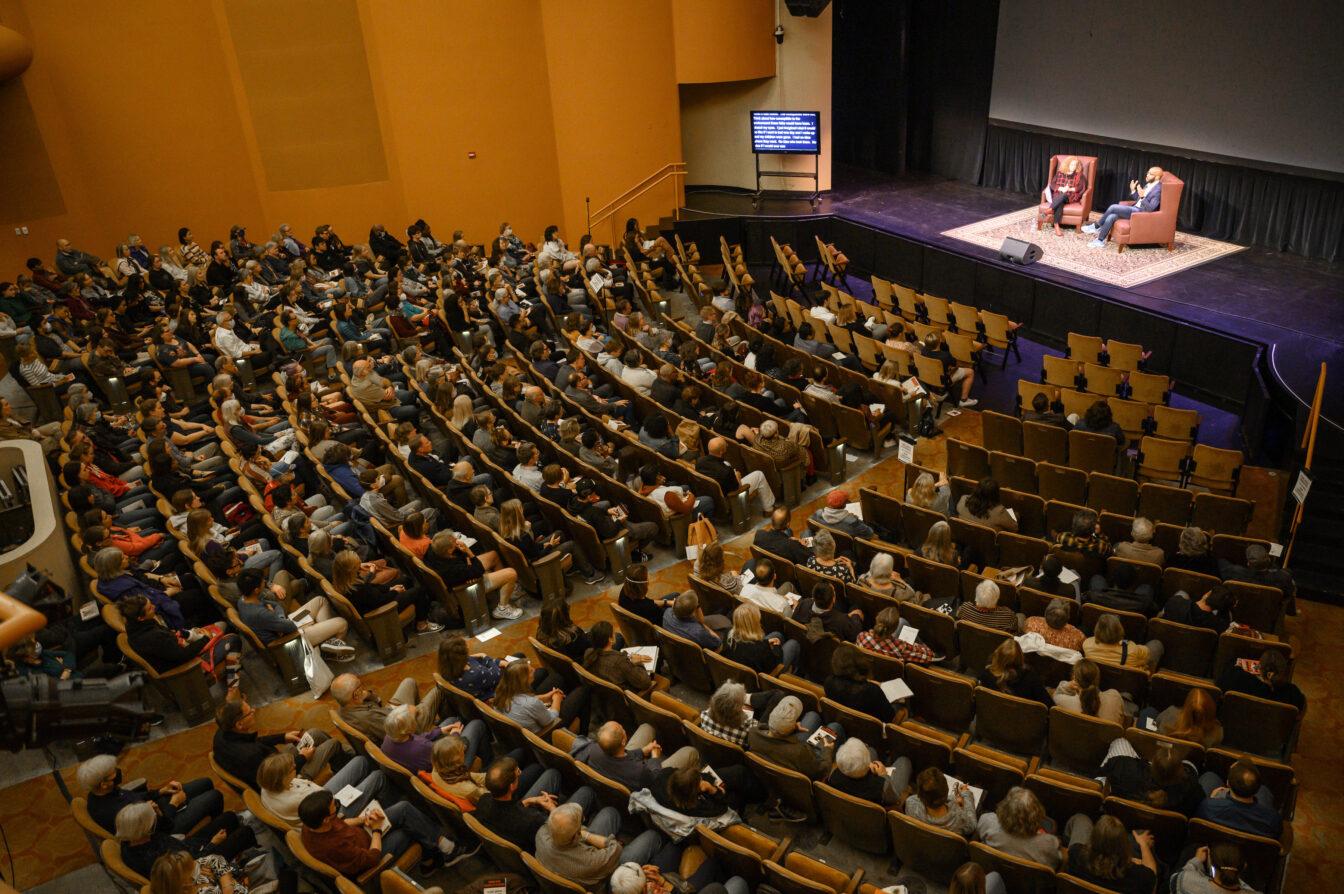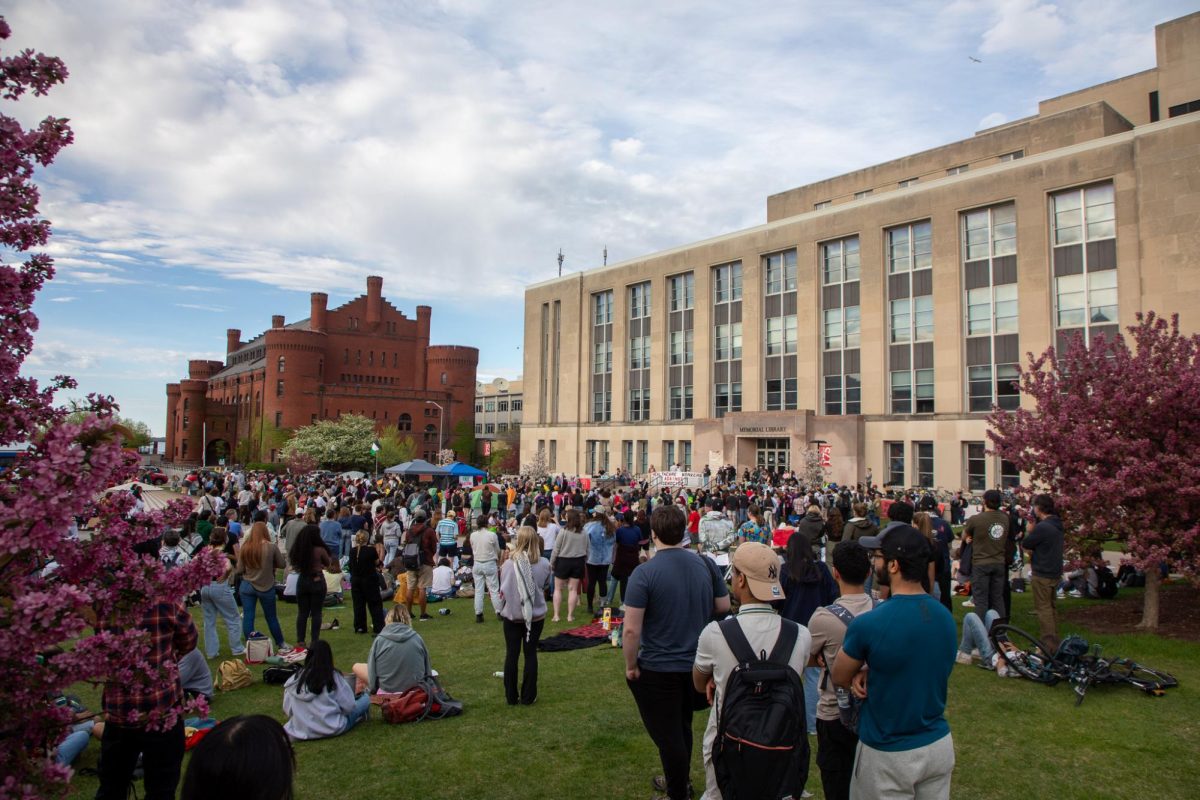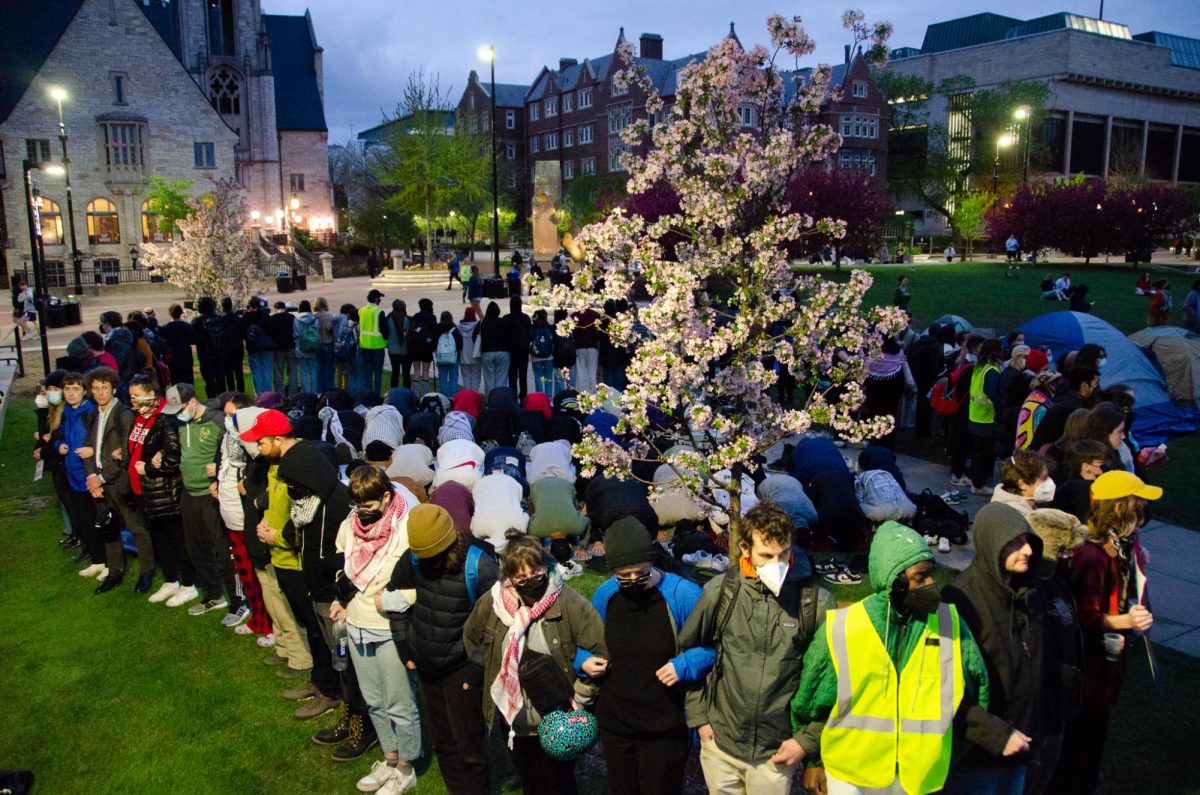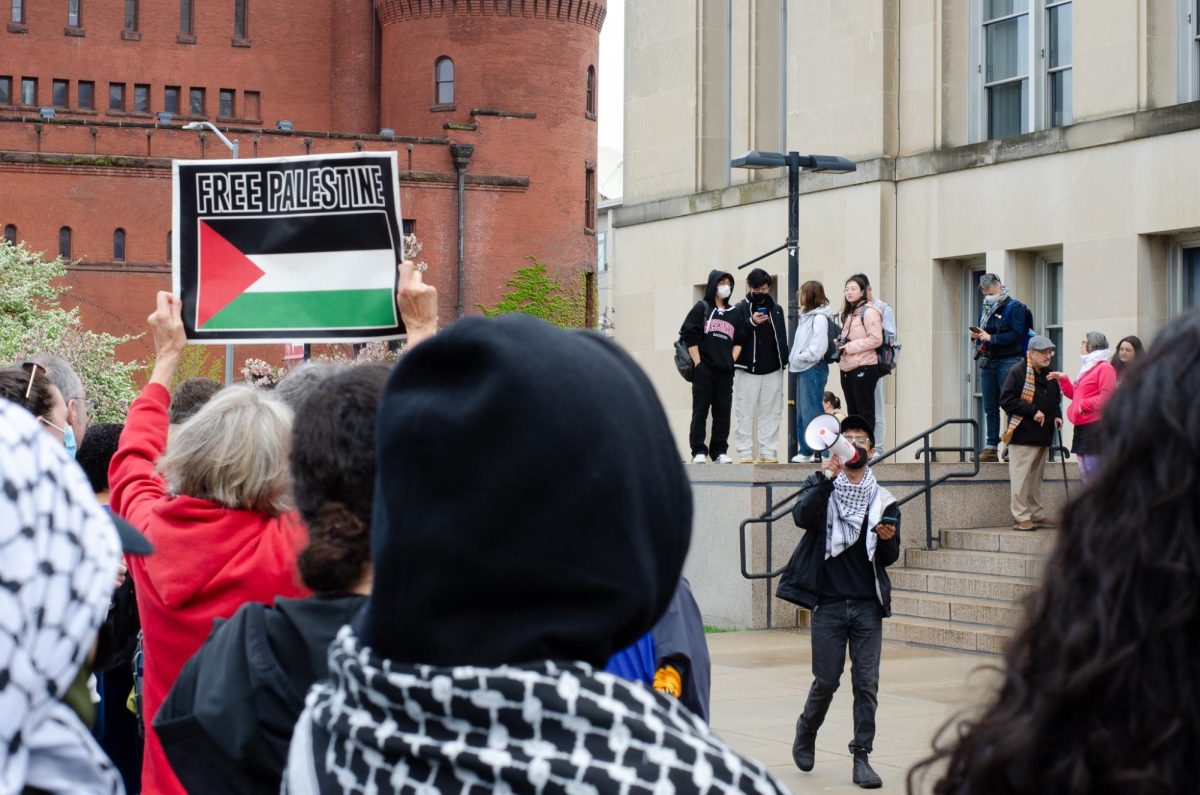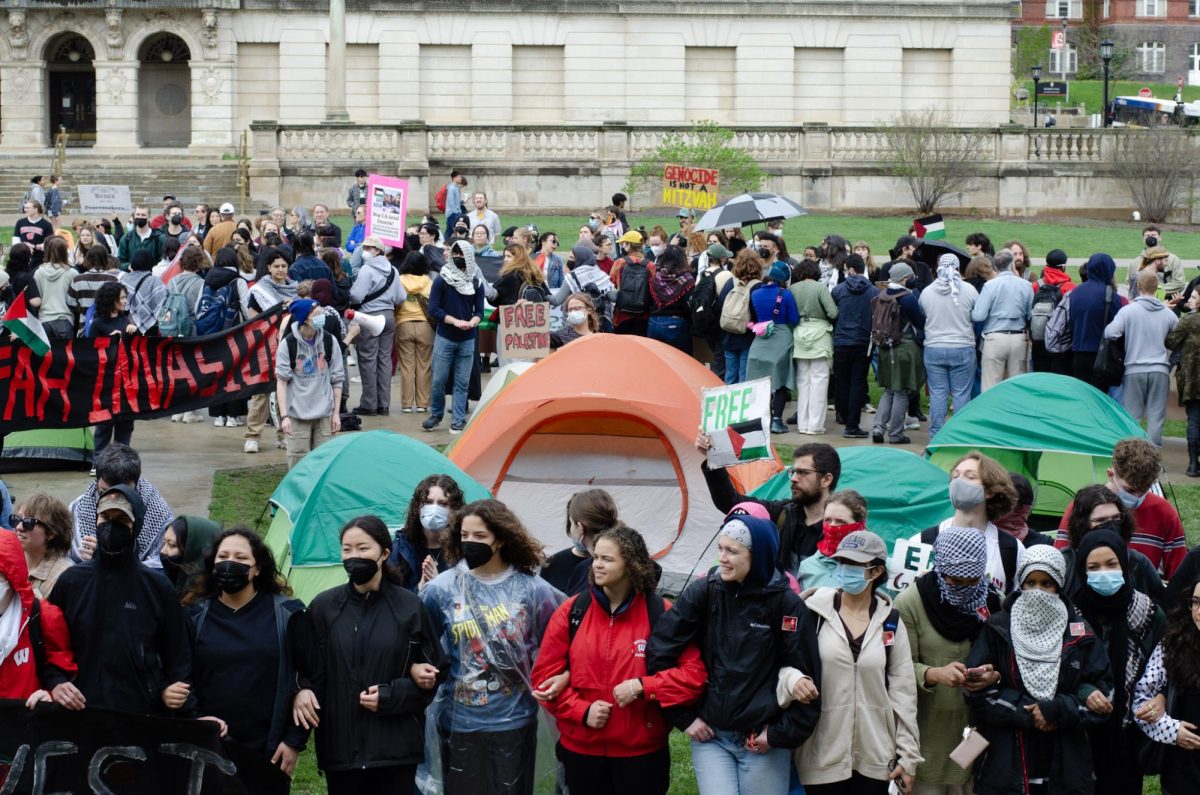The University of Wisconsin announced “How Minds Change: The Surprising Science of Belief, Opinion, and Persuasion” by David McRaney to be the 2023-24 Go Big Read book, according to a UW News press release.
The Go Big Read program was initiated by former Chancellor Carolyn “Biddy” Martin to foster a sense of engagement among individuals within the UW campus, greater Madison community and beyond, while simultaneously promoting an intellectually oriented shared reading experience.
The Office of the Chancellor spearheads the Go Big Read program to foster a shared reading experience with an emphasis on scholarly pursuits, according to UW News.
Each year the program seeks out nominations from the community, typically receiving hundreds of suggestions for the next academic year’s book, Interim Go Big Read Program Coordinator Leah Freemon said in an email statement to The Badger Herald.
A selection committee, made up of faculty, staff, students and community stakeholders, narrow down the nominations to a short list that is further evaluated to decide which book would most benefit the campus and the community. Throughout the selection process, readers consider the programs goals, how each book could be used across campus and its potential challenges and opportunities, Freemon said.
“The selection committee sends their recommendations for a couple of books to the Chancellor, who ultimately selects the book for the next academic year,” Freemon said. “It’s a long process that prioritizes community involvement, but ultimately has helped us select books that engage the campus community year after year.”
With hopes of offering new perspectives on interpreting different viewpoints, Mnookin selected “How Minds Change” as an opportunity to focus on understanding the reason behind a person’s beliefs, rather than looking at what they simply believe or don’t, according to UW News.
“This timely book gives us all an opportunity to challenge our own beliefs and assumptions, and to recognize the importance of empathetic listening,” Mnookin said in a UW News press release. “McRaney invites us not only to think about how others think, but to think about our own thinking too.”
Madison Common Council rejects housing development proposal, preserves affordable housing
When choosing the next book for the Go Big Read program, the Chancellor and the program organizers ensure it appeals to students and other community members with diverse backgrounds and experiences. The book must also hold material with the ability to foster discussions from different perspectives and to facilitate teaching and learning that offers opportunities for incorporation within the classroom, Freemon said.
The Go Big Read program has long-standing relationships with many groups on campus that promote and facilitate discussion groups across the community. These groups include First-year Interests Group courses, the Honors Program and graduate students in the iSchool, Freemon said.
Every first-year student receives a free copy of the book at the Chancellor’s Convocation for New Students in the fall, and the book is used in class curriculums across campus.
While the planning process for how instructors will incorporate “How Minds Change” in the classroom is still underway, many professors, campus staff and community partners have requested copies of the book for consideration, Freemon said.
“UW encourages participation across campus and beyond. Each year, 100-250 unique course sections adopt the Go Big Read book to use within classes, from undergraduate to graduate-level, and across humanities, social science, and STEM disciplines,” Freemon said.
UW also partners with community groups and organizations to hold events for discussion, including a visit from the author. For more information on this year’s book and its events, check out the program’s event page. Copies of the book may also be requested on the Go Big Read website.








